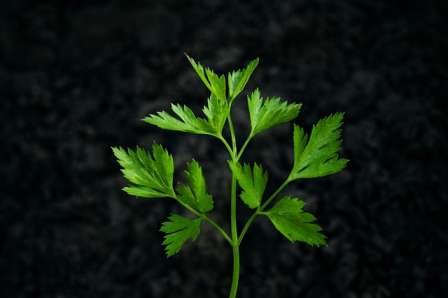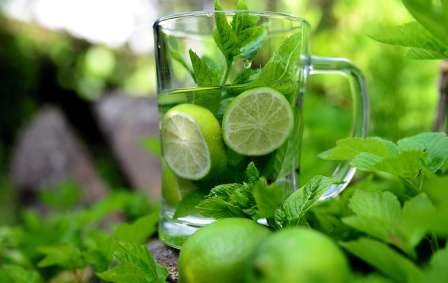In my previous post, I was discussing the kinds of herbs one can add to one’s daily diet for better health. As the popular saying goes, ‘We are what we eat’, the need to add nutritional value to the food we consume every day therefore can never be over-emphasized. A healthy one is only a result of the consistency in consuming nutritious foods.
Follow me to subsequent paragraphs as I lead you on to more herbs that can be considered for regular consumption to help you ensure good health of mind and body.

Basil: Basil is commonly known as the ‘scent leaf’. This fragrant herb is used in cooking a lot of meals and is known for its ability to add flavor to various dishes. It is also believed to have anti-inflammatory properties and may help reduce the risk of certain types of cancer. In Nigeria Basil is locally called, ‘Nchu anwu’ or ‘Ahimo’ among other names.
Lavender: Lavender is an aromatic herb known for its calming and relaxing properties. It is often used in aromatherapy and as a natural remedy for anxiety and insomnia. Lavender is also believed to have antifungal and antibacterial properties.
Peppermint: Peppermint is a refreshing herb commonly used to flavor food and beverages. It is also believed to have digestive and respiratory benefits and may help relieve headaches and nausea.

Chamomile: Chamomile is a popular herb known for its calming effects and ability to promote sleep. It is often consumed as tea or used in aromatherapy. Chamomile is also thought to have anti-inflammatory and antioxidant properties.
Spearmint: Spearmint is a popular herb that is commonly used in cooking and as a natural remedy for a variety of health conditions. Spearmint has been traditionally used to help improve digestion and reduce the symptoms of digestive disorders such as indigestion and bloating. It is used to help alleviate the symptoms of respiratory conditions such as coughs and colds. Some people use spearmint as a natural remedy for headaches, as it is believed to have a calming effect on the body and mind. Spearmint is often used in toothpaste and mouthwash due to its antimicrobial properties.
Parsley: Parsley is a popular herb that is widely used in cooking to add flavor and nutrition to dishes. It is a good source of vitamin K, vitamin C, and dietary fiber. Parsley is often used as a garnish on dishes such as soups, salads, and roasted meats. It adds fresh, green color and a slight, herby flavor to the dish. It adds flavor and nutrition to dishes. It is believed to have diuretic properties and may be used to help with bloating and water retention which makes it good for kidney health. It has been used to help with digestion and to freshen breath. It is also believed to be used to help with conditions such as rheumatoid arthritis and asthma. Parsley has been used in some natural beauty products due to its high vitamin and mineral content. It may be used in face masks, toners, and other skincare products.

Stinging nettle: It is known for its sting, which is caused by tiny needles on the leaves and stems that release chemical when they come into contact with skin. Stinging nettle has been used to treat conditions such as osteoarthritis and rheumatoid arthritis. Some studies have found that it can reduce inflammation and provide pain relief. It has been traditionally used to treat allergies, such as hay fever, and some research suggests that it may be effective in reducing symptoms.
Stinging nettle has been used to treat symptoms of an enlarged prostate and to help with urinary tract problems. It is high in nutrients such as iron and vitamin k and has a slightly sweet, earthy flavor.
Echinacea: Echinacea is an herb that is commonly used to boost the immune system and help fight off infections, such as the common cold. It is believed to stimulate the production of white blood cells and may also have antiviral and anti-inflammatory effects.

Overall, herbs are a valuable resource for improving health and well-being. Many other herbs are commonly used for their medicinal and culinary properties, including rosemary, thyme, oregano, and so many others. They can be used alone or in combination with other natural remedies to help treat a wide range of conditions and promote overall health and vitality. It is important to remember that herbs should be used with caution as they can interact with certain medications for example sage can interact with some medications, such as those used to treat diabetes and high blood pressure, and may have side effects.
At this juncture, let me repeat the important note that herbs are not substitutes for medical treatment. It is always a good idea to consult with a healthcare professional or a trained herbalist before starting to use any herbs or natural remedies in the treatment of any medical treatment. It is also important to note that the use of ginger is generally considered to be safe, but consulting with a healthcare professional before using any natural remedies, mainly if you are pregnant, nursing, or have a pre-existing medical condition is the best.


Thanks again
The pleasure is ours
Thank you.
It’s a pleasure